Trump’s return can blow JFK assassination theories wide open
When Donald Trump, who will be inaugurated as president of the United States for a second time on Monday, sat down for almost three hours in the podcasting bunker of Spotify chart-topper Joe Rogan during the run-in of his bitterly contested election campaign last year, the pair’s marathon discussion covered topics as broad as UFOs, tariffs and the joys of McDonald’s.
Tangled up in Trump’s digressive tour de horizon — a style of communication he terms “the weave” — was a rehashed pledge that his incoming administration would open up more files concerning the circumstances surrounding the assassination of John F Kennedy in 1963.
The maverick Republican, whose extraordinary political comeback has secured him immunity from a host of legal penalties, told Rogan that many “good, talented” people requested that he resile from unsealing the files during his first term.
• Joe Rogan’s Trump interview: seven moments including his top word
Trump, who promised before to shed more light on the historical event, which continues to fascinate and perplex in equal measure, claimed he was pressured not to unseal some of the secret files, and that his intention to do so had ruffled feathers due to potential national security implications.
Advertisement
Some believe the government-held information may further illuminate how and why Kennedy was unexpectedly killed, one of the greatest global shocks of the 20th century. Others speculate that they may reveal a more shadowy truth: that the CIA has questions to answer about the shooting.
Among them is John Kiriakou, a former CIA intelligence officer who came to global prominence after he exposed the agency’s use of waterboarding as part of its enhanced interrogation programme and became the sixth whistleblower to be indicted under the Espionage Act by the Obama administration.
Kiriakou, who will give talks at the Europa hotel in Belfast on January 31 and the Crowne Plaza in Dublin the following day, believes the Trump administration will blow the events surrounding Kennedy’s assassination wide open, picking holes in the official account in the process.
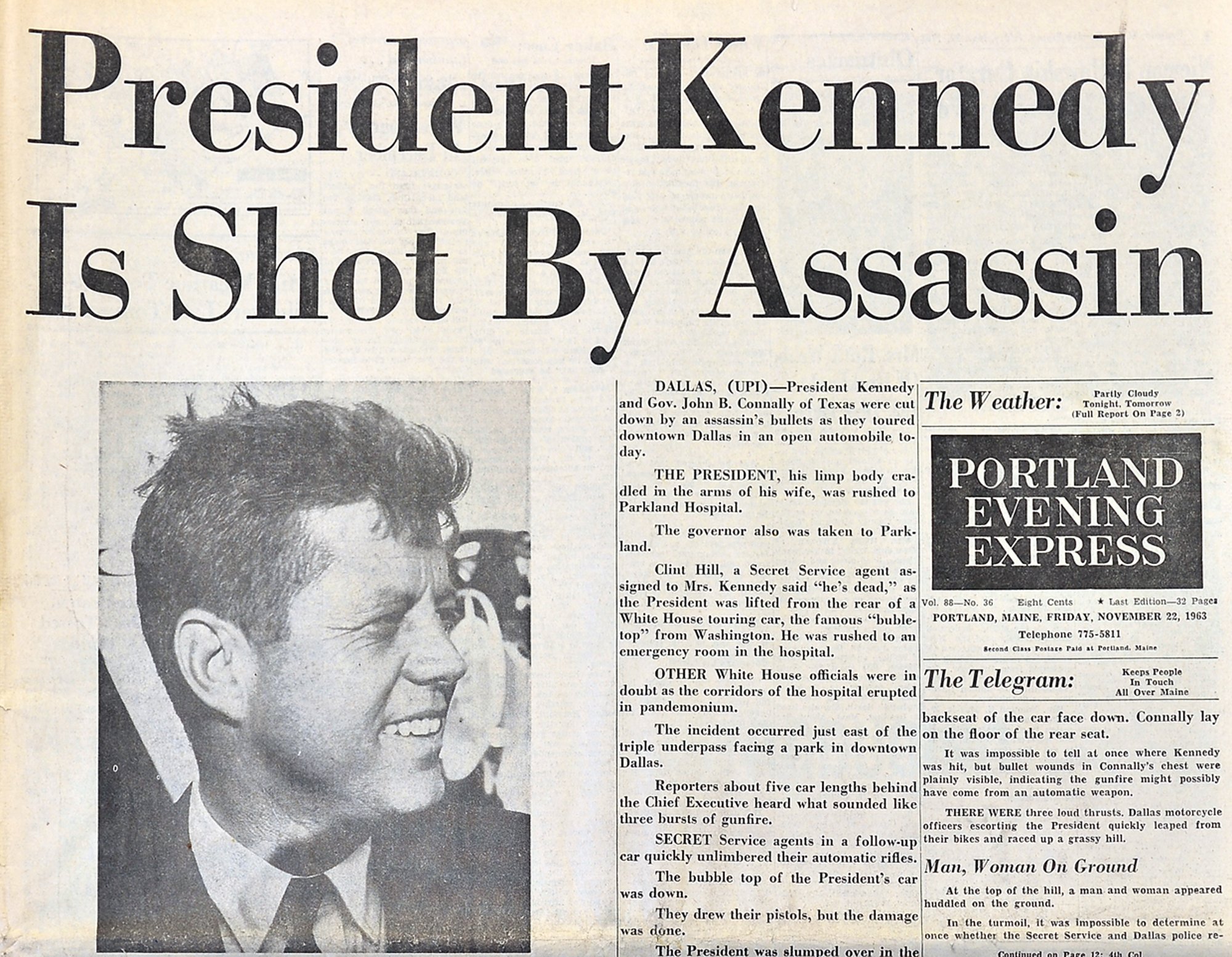
The shooting of JFK caused shockwaves around the world
GORDON CHIBROSKI/PORTLAND PRESS HERALD/GETTY IMAGES
The Kennedy assassination has been the subject of numerous conspiracy theories with various individuals and groups disputing the official account. Kiriakou believes a second Trump term in the Oval Office will mark a new reckoning with Kennedy’s death.
RFK Jr ‘close to Trump’
Kiriakou, who was imprisoned for 30 months for his waterboarding revelations, pointed out that Robert F Kennedy Jr, JFK’s nephew and Trump’s choice for health secretary, is in a prime position to bend the president’s ear over the next four years.
Advertisement
“Bobby Kennedy is in a position of authority now. Not only is he going to be the secretary of health and human services [but] if you look at all of the pictures taken of Donald Trump over the next two weeks, Kennedy is standing next to him. They’re very close,” Kiriakou told The Sunday Times.
There are two alternative theories relating to possible CIA involvement in the 1963 assassination in Dallas, according to Kiriakou.
• RFK Jr wants daughter-in-law as CIA deputy to ‘prove’ JFK conspiracy
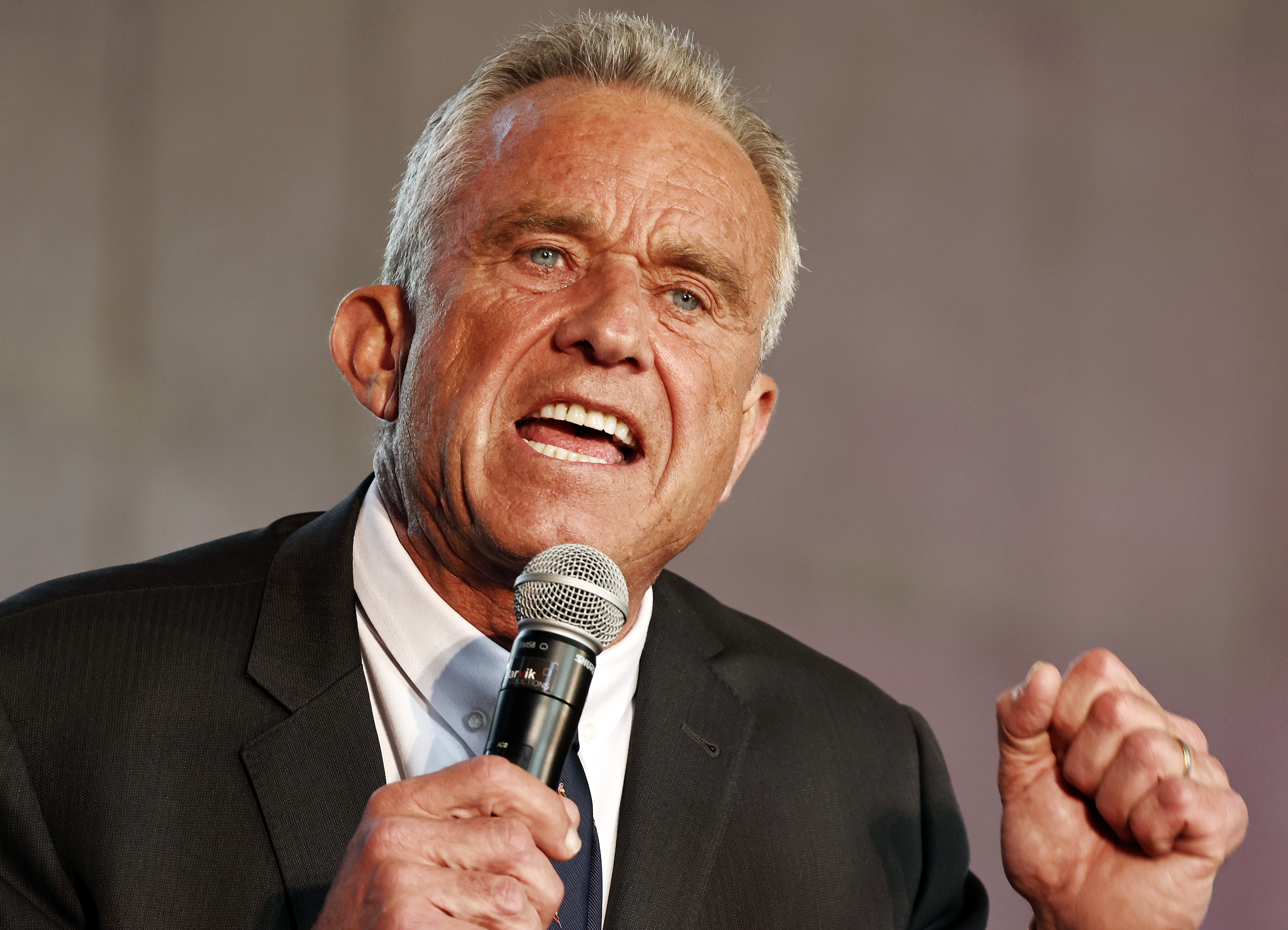
Robert F Kennedy Jr, a nephew of JFK, has the ear of Donald Trump
MARIO TAMA/GETTY IMAGES
“One is ‘assassination lite’ and one is more direct. Assassination lite is that these final … documents have to do with CIA surveillance activities in Mexico City in November of 1963. It may be that they were surveilling Lee Harvey Oswald in 1963, and they had testified before the Warren Commission [into the assassination] that Oswald was never in Mexico City in 1963 and that they were lying about it,” he says.
“It may be that the operation involved sources and methods that were directed against the Soviet [Union’s] embassy in 1963, and perhaps a variation of those sources and methods is still at play.”
Advertisement
However, Kiriakou subscribes to a more nefarious involvement by the intelligence service.
“The other theory is that the documents aren’t about Mexico City, that the documents detail some kind of an insider threat that led to the death of John Kennedy. I don’t mean that the CIA targeted John Kennedy; I mean that there is credible evidence that elements of the CIA, individuals who happened to be CIA officers, had a serious enough problem with Kennedy that they wanted to see him dead,” he said.
Bay of Pigs theory
Kiriakou claimed certain people within the CIA were enraged by the president’s decision not to provide air cover during the failed Bay of Pigs invasion in Cuba.
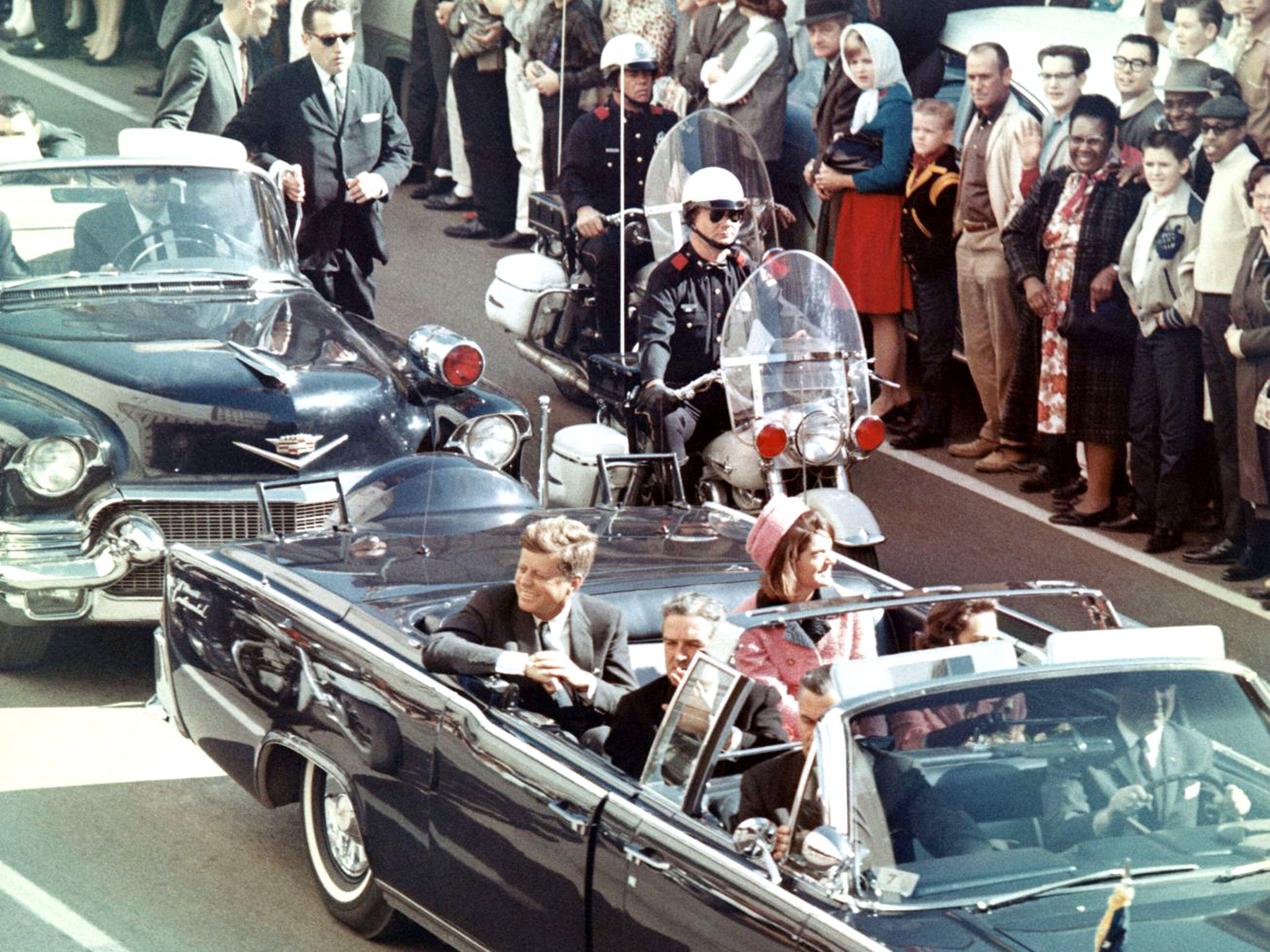
Kennedy was shot while travelling in a motorcade through Dallas on November 22, 1963
ALAMY
“Kennedy decided that providing air cover would be a violation of international law, and would be so provocative that it could encourage the Soviets to jump into the fight. So he pulled the air cover off,” he said.
“The way I’ve heard it is there was such fury at the CIA — they blamed Kennedy so squarely, because they believed that the air cover would have led to a victory — that they never forgave him for that operation. There were individuals within the CIA who wanted revenge.”
Advertisement
Kiriakou described himself as just a “regular guy” who happened to witness or participate in a series of extraordinary historical events. Those momentous incidents included the 9/11 terrorist attack and its aftermath, when Kiriakou was appointed as the CIA’s head of counterterrorism in Pakistan.
Ireland ‘should be vigilant’
Dubbed “the spy who said too much” by The New Yorker, Kiriakou will divulge some of the CIA’s secrets and lift the lid on his own at his Irish events.
Asked about US spying interests in Ireland, Kiriakou said it was his understanding that the CIA did not carry out operations here and the island had always been regarded as a “hands-off” country.
• Ireland at risk in new ‘hybrid’ warfare
He said that while the American relationship with Ireland is not as “contractually formal” as its agreements with its fellow nations in the Five Eyes intelligence alliance — Australia, Britain, Canada and New Zealand — it is considered to be just as friendly. Does the closeness of this relationship undermine Ireland’s policy of military neutrality?
Advertisement
“It would be concerning if the relationship was such where the CIA was using the Irish to carry out operations, and they’re not,” he said.
While Kirakou is now disparaging of his former employer, he still has his eyes wide open to the dangers posed by other regimes. He thinks Ireland should be “vigilant” about the dangers of Russian operations.
“The Russians are far better at playing the long game than the Americans are. The Russians have something called illegals that we don’t have. I’m not aware of any western intelligence service that has an illegals programme. They will choose someone as a teenager and take that teenager to an SPR, KGB, GRU village where they learn to speak English with a true Irish accent or a true American accent or British accent, so that you and I would never know that they’re not American or Irish or British or whatever,” Kiriakou said.
National security threats and subversive networks of spies can emerge from the most improbable of places, and many agents embed themselves within a society and lead normal, unassuming lives before doing any real harm, like the sleeper agents in the television drama The Americans.
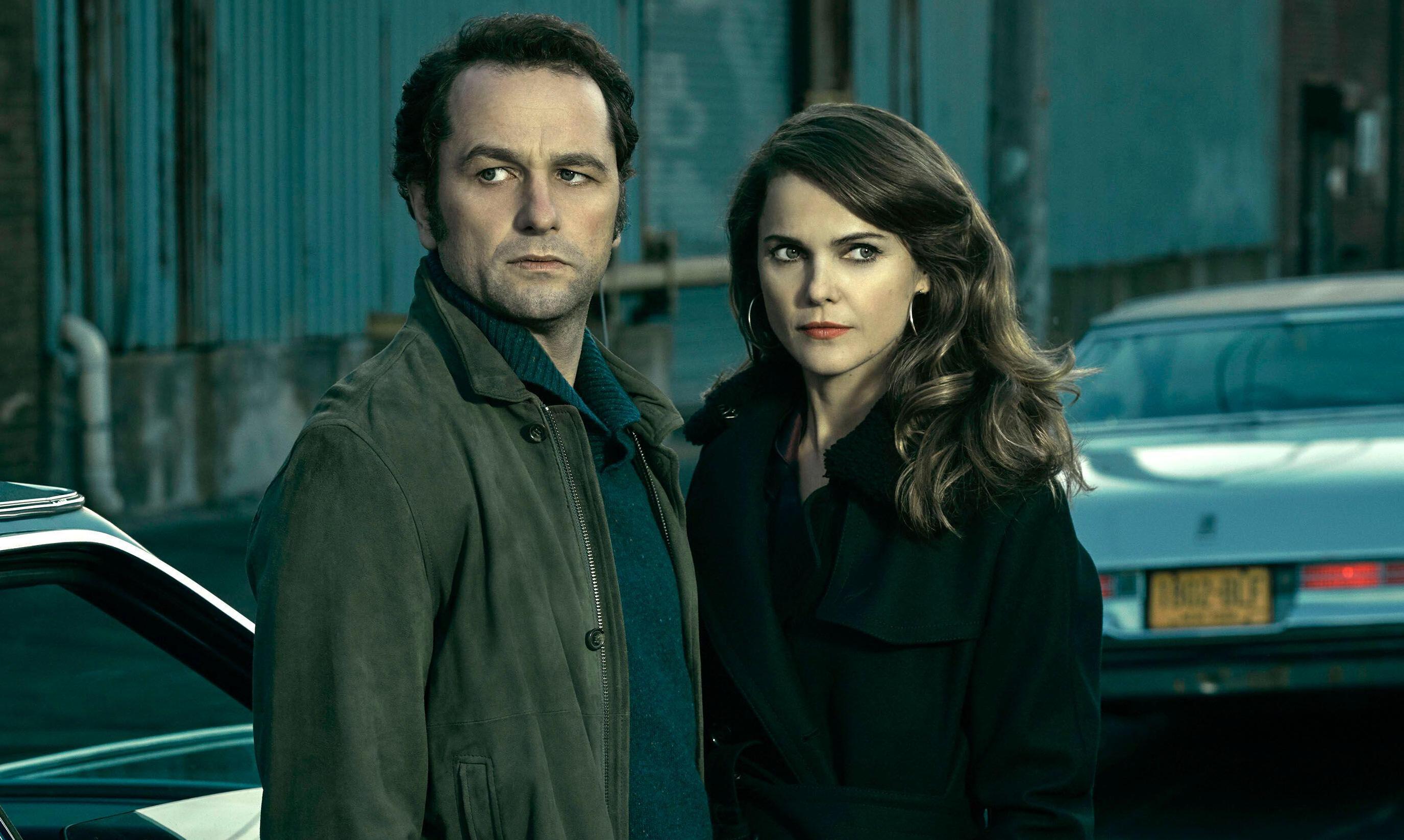
Matthew Rhys and Keri Russell play Soviet sleeper agents during the Cold War in The Americans — a tactic that Moscow still uses today, claims Kiriakou
DREAMWORKS TELEVISION/ALAMY
“They will educate that person as a national of the country that they’re being targeted against. Then they will go to that country and live, sometimes for years, sometimes for decades,” he said.
Kiriakou warned that Ireland should also be on its guard against Israeli and Chinese subterfuge.
“It’s not easy to counter this kind of thing but you have to be vigilant. You have to make sure that everybody who has access that might be of interest [is vigilant]. It doesn’t have to be classified information, it can just be an insider’s view of parliamentary elections or an insider’s view of what the prime minister’s schedule looks like,” he says.
Boyband music used in interrogation
While it was America’s use of waterboarding that shocked Kiriakou to the point of exposing the agency, jeopardising his career and freedom in the process, he also commented on the more unlikely torture techniques the CIA used to extract information from prisoners.
It emerged in a 2015 report published by the American Civil Liberties Union that the CIA used music by Westlife — specifically the Irish boyband’s song My Love — to torture Suleiman Abdullah, a Tanzanian fisherman who was abducted from Somalia and held for five years in extrajudicial detention at CIA black sites.
While waterboarding creates a sensation of drowning and leaves victims panicking and gasping for air, it is the soft, saccharine tones of boybands that causes prisoners to break down psychologically, Kiriakou explained.
“In the movies, it’s this death metal acid rock just blasting, blasting 24 hours a day. That becomes like white noise after a while. Your brain can tune it out. But boybands will make you go insane. On a loop, that sugary sweet pop music, over and over and over again, it will make you go insane, to the point where people would start to cry, and then they would beg to be interrogated if you would just turn the music off,” he said.
Despite the threats Ireland faces, Kiriakou does not believe Ireland should create a bespoke intelligence agency, similar to the CIA, and disentangled from the gardai and military.
“We had so much redundancy. We had 18 separate intelligence agencies in the American government. There’s army intelligence, and navy intelligence, and air force intelligence, and defence intelligence. Why does the Department of Education need an intelligence office? Seriously, why? It doesn’t make any sense to me,” Kiriakou said.
He said that such agencies tended towards unnecessary growth and bureaucracy, and cautioned that creating a CIA-style equivalent in Ireland could become a slippery slope.
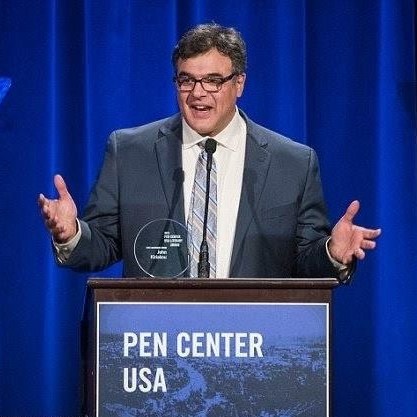
John Kiriakou is giving talks in Ireland to discuss his life as an intelligence agent
“At the CIA we used to call it kingdom building. Everybody wants their realm to grow, while they’re the director. And so where the Department of Commerce intelligence agency has four people, next year it’s going to have six people, then it’s going to have 12 people. The directorate of national intelligence was created in 2004, just as I was getting ready to leave the CIA. It had 15 employees. Now it has 15,000 employees. Why? Why?”
CIA ‘not interested in Kinahans — but FBI might be’
Despite the operations of the Kinahan cartel coming to the attention of the US state department, Kiriakou does not believe the transnational crime organisation has anything to worry about from the CIA, whose raison d’etre is counterterrorism and scuppering threats to US national security. Drugs, he says, are of no interest to the agency.
Dubai was a sensible base for the Kinahans to continue to evade capture by the authorities, Kiriakou added.
“I went to Dubai once to interview the chief of police … about international drug trafficking. This is when I was with the senate foreign relations committee [as senior investigator]. They so surprised me by saying that they get people every single day transiting Dubai airport just laden down with drugs. If the drugs are meant for Dubai, those people are going to die in prison. If they’re not meant for Dubai, they’re welcome to get on their connecting flight and just leave because they’re not interested in rocking the boat either,” he said.
The FBI, on the other hand, poses a far greater threat to the Kinahans. “I would be a little worried about it. The FBI’s not averse to carrying out the occasional kidnapping. They’ve done it in Mexico a number of times,” Kiriakou said.
So embedded is the intelligence community in the US that Kiriakou believes the general American public have grown apathetic to its operations, its inner workings, politics and secrets.
“I couldn’t do a tour like this in the United States — people don’t care. They simply don’t care, there’s this blind trust of government that is inexplicable to me. So we’re going to get the word out abroad,” he said.
Kiriakou said he was proud of the life he has built for himself since leaving the CIA. He is working on his ninth book, lectures on intelligence and the history of terrorism at the University of Salamanca, and insists that money is not one of his driving motivations.
His time in the CIA spans attempts on his life and the breakdown of two marriages, directly due to the stresses of his clandestine line of work. Despite this, Kiriakou claims to have found peace of mind.
“I like who I am. I can sleep at night and my children are proud of me.”


